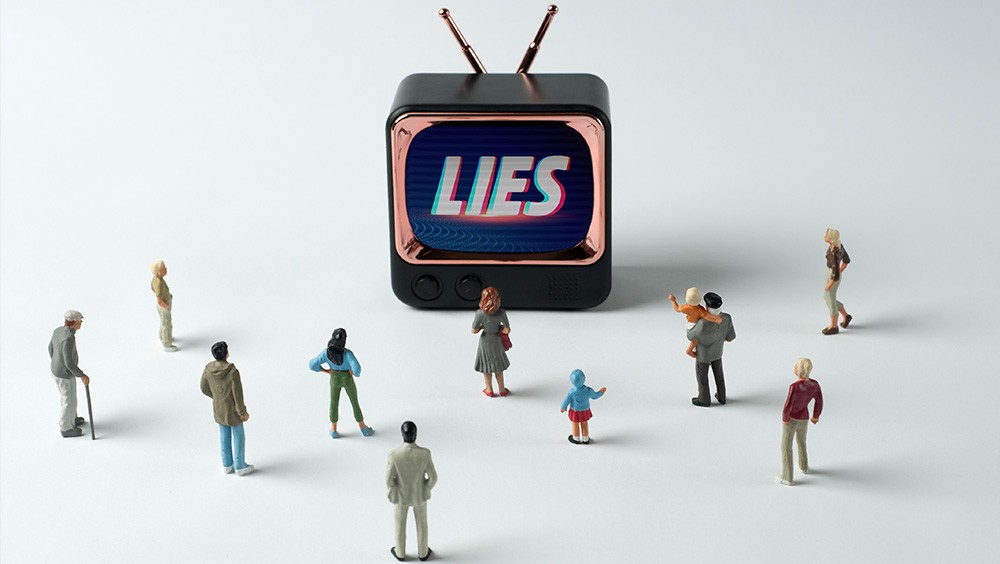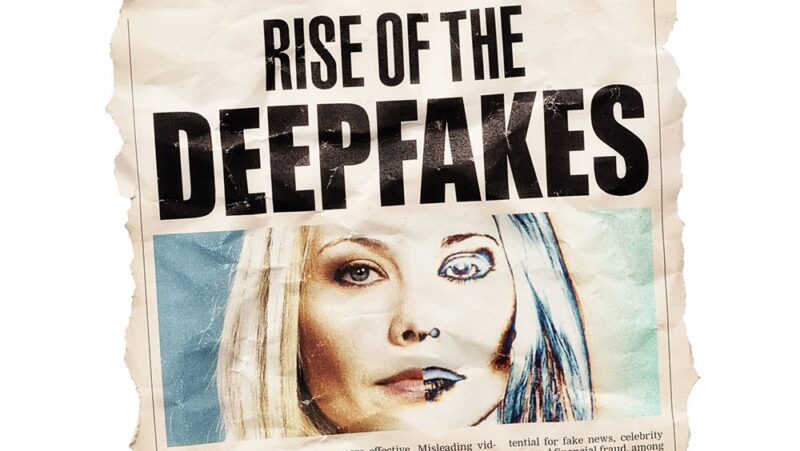Can Candidates Lie in Political Ads? A First Amendment Analysis

Every election season brings a wave of advertisements on TV, the internet and just about everywhere you look.
The ads often involve conflicting claims from candidates about their own and their opponents’ records. Sometimes they include false claims.
But is that allowed? Are political ads free speech under the First Amendment? If candidates lie in political ads, can they or the platforms that show the ads be liable?
Can candidates lie in political ads?
In general, the government cannot regulate the content of candidates’ political ads. The First Amendment protects political speech. Unless it falls into a category of speech that is not protected, candidates cannot be punished by the government for what they say in political ads.
Lying, by itself, does not automatically lose protection as free speech. The government in general does not adjudicate what is true or false.
Truth in advertising rules do limit lying in commercials for businesses that are trying to sell a product or service, but these rules do not apply to political ads.
RELATED: Why candidates must say "I approve this message" in campaign ads
One example of a type of unprotected speech for which a candidate could be punished is defamation: Saying something materially and substantially false about someone that harms their reputation. There is a high bar for proving that a false statement is defamation. It requires showing that the speaker, depending on who they are talking about, not only said something materially and substantially false but knew or should have known that it was false but said it anyway.
Another type of unprotected speech for which a candidate could be liable is lying about when or how to vote. This is called voter suppression.
If candidates lie in political ads, who is liable?
If an ad contains lies, and if it does meet the very high bar to be unprotected speech, such as being defamation or voter suppression, what happens next?
Someone who has been harmed by the speech could sue. Importantly, not just anyone who noticed and was upset by a lie in a candidate’s political ad could sue. To sue, someone would have to show that they were specifically harmed by it, such as they are the person being defamed.
There are several laws aimed at protecting election integrity which allow for criminal charges against anyone who prevents people from voting, including through misinforming voters about the date, location, requirements or mechanics of voting. They are administered by various government agencies but mostly the Department of Justice and Federal Election Commission and require demonstrating that the person being charged deliberately misinformed voters with the intent to prevent them from voting.
It is unlikely that an individual could sue a candidate whose lies convinced that individual to vote for them. The First Amendment exists, in part, to ensure that the government does not become the decider of truth versus fiction, which is what would happen if a voter could sue a candidate based on allegedly false statements by that candidate. Instead, voters are responsible for their own choices — including doing their own research across multiple sources of information.
RELATED: Tips to detect misinformation, disinformation
The candidate could be liable
Election disclosure requirements do require candidates to state their name and approval in each political ad they create. If an ad includes a lie that is also a type of unprotected speech, the candidate could not blame their campaign staff. Ultimately, the candidate is liable for the content of their own political advertisements.
Social media platforms could not be liable
If the ad is one that is placed on a social media platform like Facebook, Instagram, YouTube or X, the platform is not liable for the content of the ad.
Social media platforms may determine their own policies for political advertisements. They may choose not to allow any political ads. If they have rules for other ads – like requiring them to be true — they may hold candidates’ ads to the same standard and require them to be true in order to run on the platform.
Many social media platforms have chosen to enact policies that ban misleading or false claims that could interfere with people’s ability to vote in ongoing or upcoming elections.
But social media platforms are not liable for content — including ads — that users post.
Broadcast radio/TV stations could not be liable
Broadcast or “over-the-air” television and radio stations also could not be liable for false claims in candidates’ ads but for different reasons than social media platforms.
Unlike social media, broadcast stations are among the more heavily regulated types of media. This is because they rely on physical transmission over limited airwaves, creating competition over a limited resource and enabling government regulation.
Similarly, these platforms are “pervasive and invasive” — unlike the ability to choose to subscribe to a newspaper, or to purchase cable or streaming services, when you turn on free, over-the-air broadcast TV or radio received via antenna, you have limited choice in the programming you get.
Broadcast channels may decline to air any candidate ads. But if they choose to air candidates’ ads, they are prohibited from censoring them. They also cannot sell advertising slots only to candidates from a certain party or with a certain view. They cannot charge different rates to candidates based on their party or view. A legally qualified candidate must be offered the station’s lowest advertising rate within 45 days of a primary, caucus or runoff election and within 60 days of a general election. Within these windows, if a broadcast station accepts an advertisement from one candidate, it must — subject to limited exceptions — give that candidate’s legally qualified opponents equal advertising time.
While broadcast television and radio stations may not be held liable for the content of candidate ads, they are responsible for other election-related content they create and broadcast. For example, they may try to confirm or offer evidence around false claims in candidates’ ads. They may host a commentator who can express the view that a candidate is good or bad. But they are responsible for the content of these statements.
Broadcast stations also are free to choose which ads created by third parties like political action committees or other organizations not directly affiliated with candidates to air or not. However, broadcast stations would be liable for content in their own programs. Unlike for candidates’ ads, they would also be liable for content in third party political campaign ads they choose to air when not required to do so. If the content broadcast stations create, or the non-candidate ads they air, include false information that causes harm to someone such as unprotected speech, the station in addition to the specific speaker could be liable.
Cable or streaming media platforms could be liable
Subscription-based TV and radio channels such as cable and streaming providers are much less regulated than free, over-the-air channels received via antenna.
Cable channels, like social media platforms, are free to choose which if any candidate ads to show.
But unlike social media platforms, which are protected by Section 230 of the Communications Decency Act when an advertisement is uploaded by an account holder, cable channels are subject for liability for the content of any political campaign ads. This includes ads created by candidates and those created by third-party political organizations.
Newspapers or magazines could be liable
Like subscription-based news sources, newspapers and magazines can choose what ads to run. When they choose to run an ad, they accept liability for what they print — for instance if the advertisement meets the legal standard for defamation, false light, intentional infliction of emotional distress or other existing laws.
Of course, there is a high bar for liability thanks to the First Amendment. In the 1964 U.S. Supreme Court case New York Times Co. v. Sullivan, The New York Times was found not liable for some false information in an ad, but only because the court deemed the false information was an honest mistake protected as free speech rather than defamation, not because the newspaper wasn’t responsible for the content.
This report is compiled based on previously published Freedom Forum content and with the input of Freedom Forum experts including First Amendment Specialist Kevin Goldberg. The editor is Karen Hansen. Email.
What Is Doxing and Is Doxing Illegal? Everything You Should Know
How to Spot a Deepfake: Tips, Tools and More
Related Content

